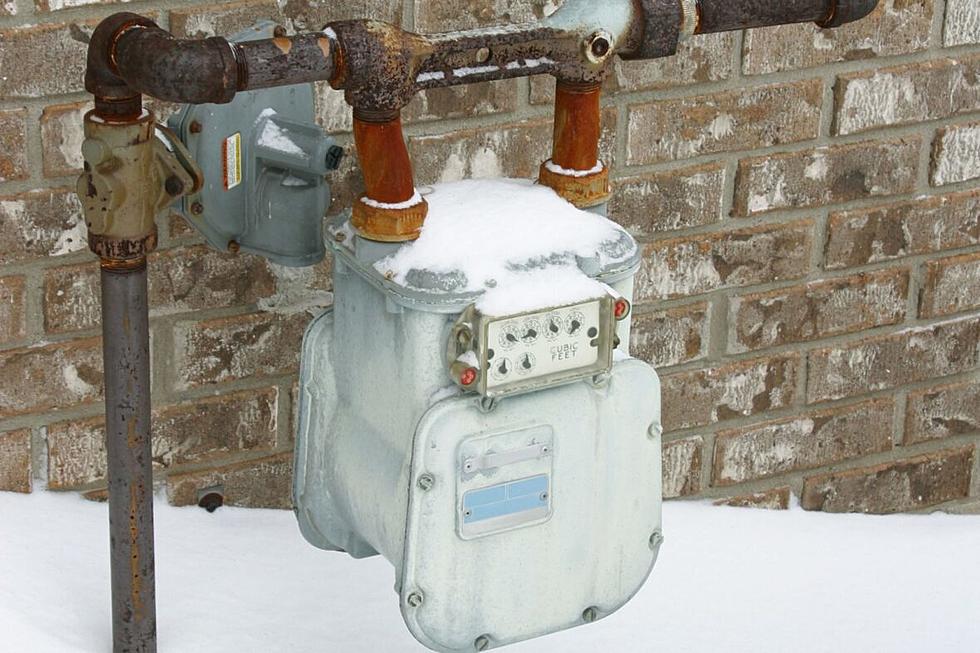
Black Hills Energy Gas Rate Hike To Be Considered Next Month
The Wyoming Public Service Commission is scheduled to take up a request from Black Hills Energy to increase its natural gas base rates at a December hearing.
But a company spokeswoman says customers will still be paying less to heat their homes compared to last year, regardless of the outcome of that hearing,
The utility is asking for a total increase of $19.3 million in the base rates it charges for natural gas. The company says that would increase the rates for residential customers by an average of $7.00 per month.
Black Hills Energy spokeswoman Laurie Farkas says even if the PSC approves the increase, that doesn't automatically mean your gas bills will be going up. That's because the base rates are only one component of what customers pay for natural gas. The other component is the cost to Black Hills Energy of purchasing gas. Farkas says natural gas prices are down by about 48 percent compared to last year, so folks can expect their overall healing bills to be lower.
A Black Hills Energy news release includes the following “Historic production and above-average storage have provided a stable market to power this winter’s heating,” said Dustin McKen, Black Hills Energy’s general manager of Wyoming operations. “As we do throughout the year, we’re encouraging customers to use less energy through energy conservation and energy efficiency projects,” said McKen
If approved, the rate increase would take effect on Feb. 1 , 2024. The hearing is slated for December 12 at 9 a.m. at the Commission’s hearing room at 2515 Warren Avenue, Suite 300, in Cheyenne, Wyoming.
You can learn specific details about the hearing here. In a news release, the company says:
''Since its last rate review in 2019, the company completed more than $140 million in system safety, integrity and reliability projects for its natural gas utility system in Wyoming. These critical projects were required to support the safe and reliable delivery of natural gas and transportation services and meet compliance requirements of state and federal regulations.
More From Wake Up Wyoming







